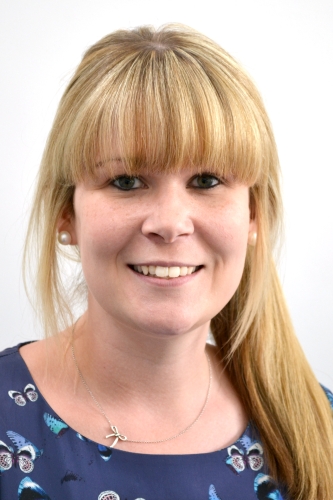School values – How to keep your culture and ethos intact during lockdown
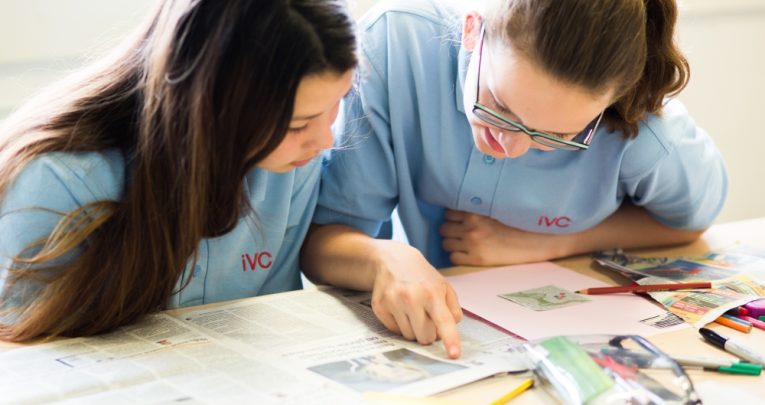
Victoria Hearn reflects on how a deep commitment to inclusion helped Impington Village College address a unique set of challenges during an extraordinary year…

Impington Village College is a genuinely comprehensive school, in that we’re not selective in any way.
We teach students who are the children of academics from nearby Cambridge University, students from fairly disadvantaged backgrounds and a large number of students with SEN. Around 90 of our students have EHCPs, which is more than some special schools.
As an International Baccalaureate World School, our ethos and mission are tied around the idea of being ‘inclusive’, ‘inspirational’ and ‘international’, which we try to keep at the heart of everything we do. A number of our students have physical disabilities, who came to us because of the specialist provision we’re able to offer.
We’re also a Stonewall Champion School, and were the first school in our area to win a Carnegie Gold Award for excellence in mental health. Inclusivity in every sense is really important to us.
Curriculum breadth
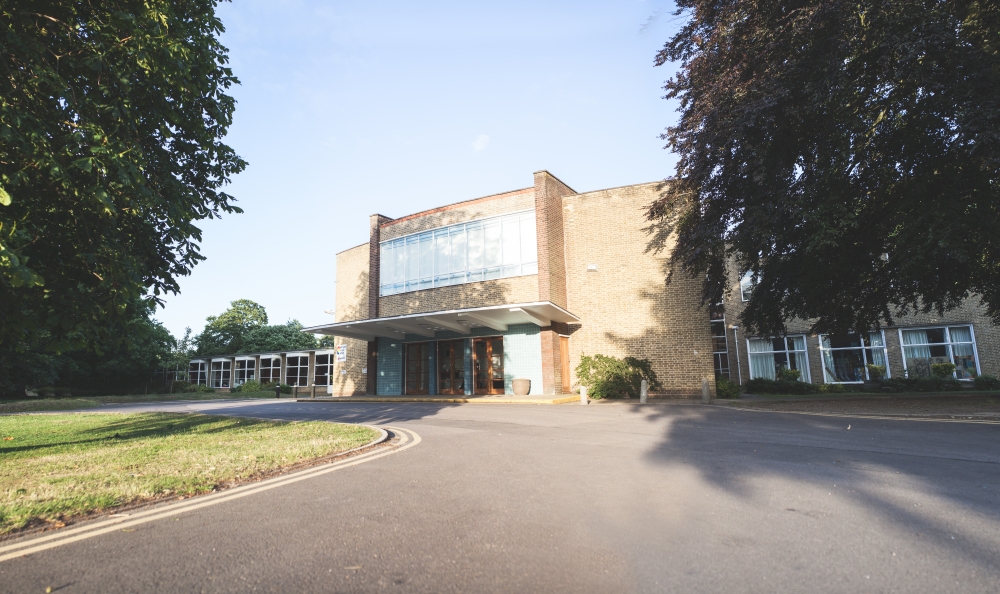
Our ‘inspirational’ component involves us recognising the importance of academic excellence, but not at the expense of extracurricular opportunities and a positive all-round learning experience.
Year on year our students will earn grade 9s, despite us being completely non- selective. Our International Baccalaureate outcomes in sixth form are similarly strong, but for us, the opportunities students have to develop outside of the classroom and beyond those exam grades are hugely significant.
We run an enrichment programme called ICAS – Impington Creativity, Activity and Service – which runs as part of our timetable. Tuesday afternoons ordinarily see our students ‘off timetable’, with staff delivering around 60 different experiences. Students get to pick one activity, one creativity task and one service role each term. We then run everything from fencing, to Portuguese language lessons to baking – you name it.
Pre-COVID, we would also have had over a hundred students volunteering in the local community each week, in primary schools and care homes, for example.
Something that sets us apart from state schools, and even some independent schools, is the breadth of the curriculum we offer. There aren’t many schools that can offer five languages at GCSE (10 at sixth form), and we’re similarly passionate about the arts. In all, we offer over 30 courses at GCSE, and around 35 choices as part of the IB Diploma programme.
Learner profiles
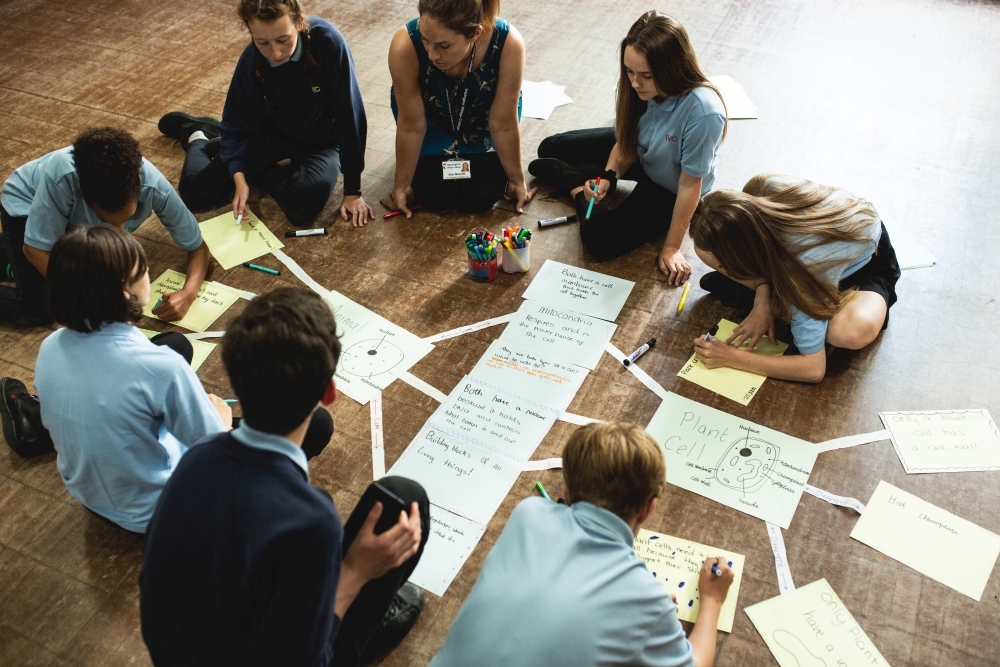
At the heart of our pastoral system and behaviour policy is the IB learner profile. The philosophy of the IB is centred on developing students who are knowledgeable and inquiring, but also caring, principled and open-minded.
We’ll remind students when they might not be demonstrating those attributes, but also recognise when they are. A big part of the IB philosophy focuses on reflection; making sure that students are reflecting on their actions, and that they understand the consequences of those actions.
If a student does something that results in some form of sanction, there will often be a restorative meeting where they sit down, reflect on their behaviour and are given an opportunity to talk things through with a member of our pastoral team.
We operate a vertical house system, with each house having a deputy head who predominately supervises Y7 and Y8, and a head who looks after Y9 to Y11. They’re given a fairly generous allocation of time, so that at different points throughout the year, when different year groups might need additional support, that time and knowledge is available from the house team.
Screen breaks
During lockdown we had around 60 students in school – a small number of key worker children, our EHCP students, plus a handful of vulnerable students. Those students were accessing the same provision as their peers at home, however, since we were delivering lessons scheduled to our normal timetable.
That said, we did shorten the length of lessons slightly, to around 45 to 60 minutes. This was designed to give our staff and students screen breaks, since we were conscious that sitting in front of a screen all day isn’t especially conducive to general wellbeing.
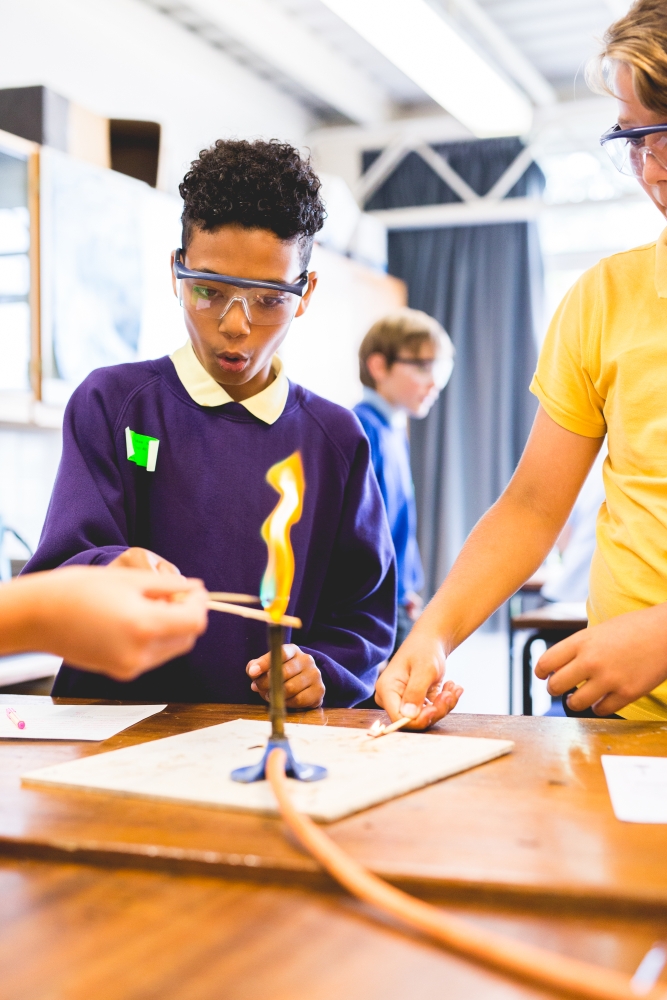
Staff were otherwise delivering live lessons via Microsoft Teams, setting assignments and giving students feedback on their work, just as they would have done normally.
Our students continued to have tutor time were still taking part in ICAS sessions from home every Tuesday afternoon, where they get to choose from various enrichment opportunities. We endeavoured to set up an arrangement that as close to normal as we can get.
Upfront and honest
Student wellbeing is obviously important to us, but so too is looking after our staff. Where they needed to, whether for mental health reasons or due to technology issues, staff were able to come into college. We’ve also switched to using remote software for events like parents evenings.
Where we’ve had students needing to self-isolate, or year groups needing to be sent home, we’ve sought to deliver live or streamed lessons. When some students in a class have been at home and others in college, we’ve delivered in-college lessons to both groups simultaneously using in-class delivery and remote streaming.
During this time, we feel that our standard of communication has been one of our real strengths. We’ve had a great deal of positive feedback from parents regarding our communication arrangements, which I see as the result of us being very transparent and honest about the situation we’ve found ourselves in, and the subsequent uncertainties.
We’ve explained carefully how we’ve dealt with those, what our plans are and the limits of what we can provide. I’ve sent regular updates to parents at least once a week, and sometimes daily or even hourly, depending on the situation. Throughout, we’ve attempted to show why we’re doing the things we’re doing, and why we’ve made the decisions we have.
Professional lessons
I first joined Impington in September 2014 as assistant principal, and became principal of the school in 2020.
The main professional lesson I’ve learnt since then is the importance of remaining calm, and the impact that has on the wider staff body. I’ve also learnt lots about the importance of professional honesty, and the need to be upfront with people – staff as much as parents – about what leadership decisions are being made and why.
The two things that remain most important to us as a school are the wellbeing of our staff and students, and the teaching and learning experience. What we’ve endeavoured to do throughout the pandemic, as much as we can, is make sure that our students and staff are well looked after, and that they receive the best possible experience.
In numbers
- Date established: 1939
- Age range: Y7 to Y13
- Student population: 1,400
- Staff: 200
- Of note: Impington Village College was recently chosen as the top non-selective secondary school in East Anglia by the Sunday Times’ Parent Power 2021
What we’ve been doing
Helen Turner, lead for international education, describes how the school’s international exchange activities have taken on a rather different form this year…
Despite overseas trips currently being off limits, this academic year we’ve still been extremely keen to continue with our programme of cultural exchanges.
Throughout November, our Sixth Form International Baccalaureate Japanese Ab Initio and Year 7/8 enrichment groups took part in a number of virtual exchanges and live lessons with our partner school in Morioka, Japan. The aim of these short lessons was to engage both sets of students with different cultures and classrooms, widening their understanding of the languages and allowing them to put their hard work into practice.
It was 5pm in Japan and 8am in the UK, and the lessons kickstarted the day with a bang. The students thoroughly enjoyed themselves, and were thrilled to even make it in to the Morioka local newspaper!
Victoria Hearn is the principal of Impington Village College; for more information, visit impington.cambs.sch.uk or follow @impingtonvc.





